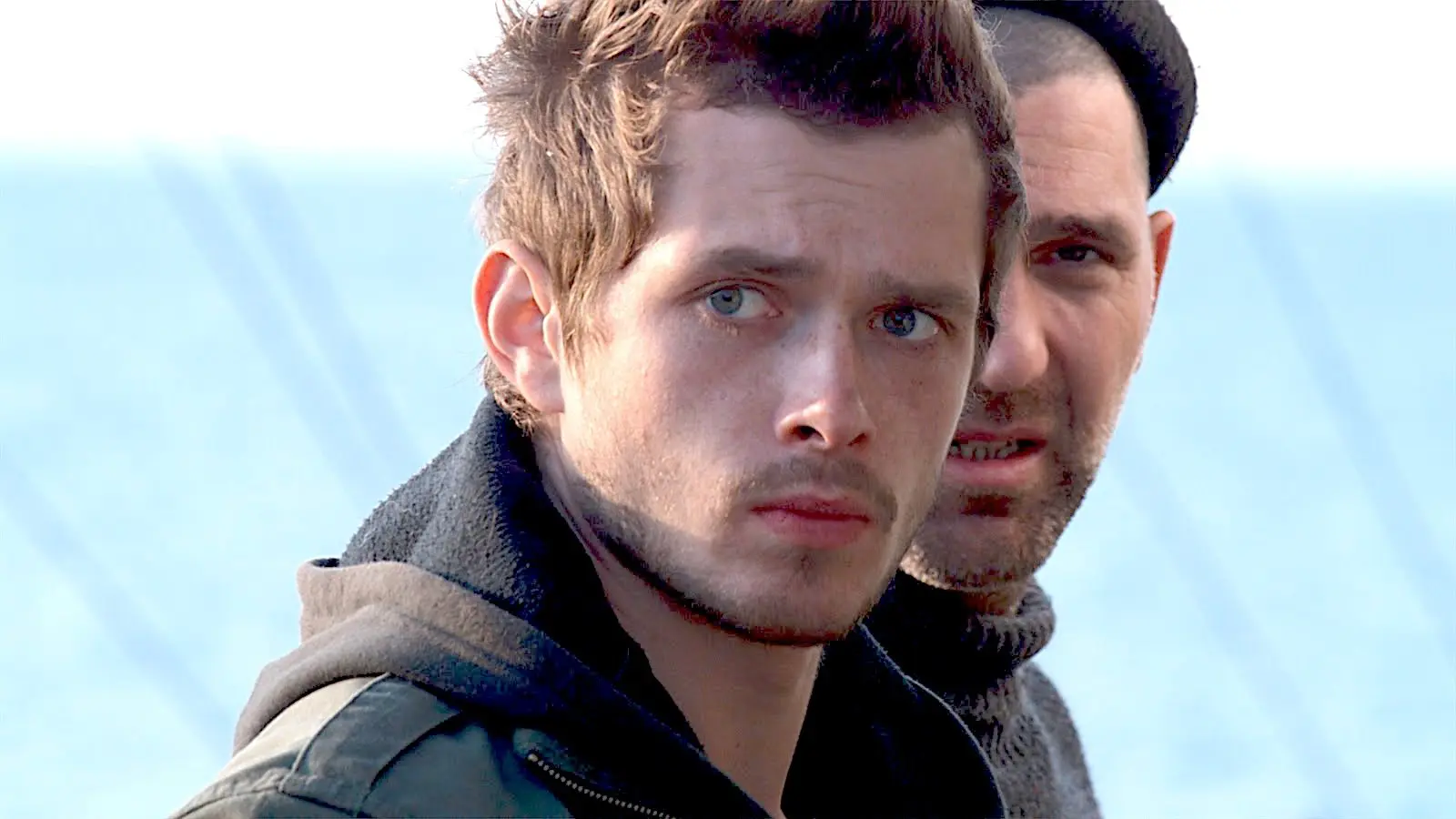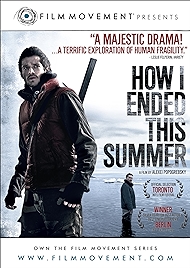A movie for every day of the year – a good one
7 May
Vladimir Putin becomes Russian president, 2000
On this day in 2000, former KGB lieutenant Vladimir Putin was elected President of Russia. He had resigned from the KGB on the second day of the attempted KGB coup against Soviet President Mikhail Gorbachev in August 1991 – “I immediately decided which side I was on” he later said. From there he went into an administrative career working for the Saint Petersburg mayor’s office, where he was responsible for organising foreign investment. In 1996 he moved to Moscow, where he became responsible for transferring the former assets of the Soviet Union to the Russian Federation.
In March 1997 President Boris Yeltsin appointed Putin deputy chief of his staff. He also became chief of the Presidential Property Management Department. In July 1998 Putin became head of the FSB (the KGB successor). In August 1999 Boris Yeltsin appointed Putin first as deputy prime minister, then acting prime minister, a position formally ratified by the Duma on 16 August. In December the same year Boris Yeltsin unexpectedly resigned and Putin became Acting President.
In elections held in March 2000, Putin won with 53% of the vote. Coinciding with Putin’s election to the presidency, Russia embarked on a period of rapid economic growth. In 2004 Putin was re-elected president with 71% of the vote. While Putin continued to act against oligarchs who were politically aligned against him and cracked down on only recently acquired freedoms, such as that of expression, the economy continued to grow.
Putin could not become president again, a third term not being allowed under the constitution, and in 2008 Dmitry Medvedev, his chosen candidate, was elected as President. Medvedev immediately made Putin Prime Minister of Russia, from which position Putin continued in presidential style. Medvedev’s presidency coincided with the economic crash of 2008, though the country remarkably rebounded after only one year of decline. Medvedev also presided over a change in the law, raising the term of president from four years to six. Putin controversially stood again for the presidency in 2012 and won, with 63.6% of the vote.
How I Ended This Summer (2010, dir: Aleksey Popogrebskiy)
It sounds like the title to a school assignment but this is in fact a slow-burn thriller about two guys stationed at a remote research facility in the Arctic Circle. Life is a daily grind and pretty much consists of taking readings of the weather and staying away from a big brutal metallic thing that’s spewing out radioactivity. Oh, and staying away from the bear.
Is this Russian film in any way allegorical, you’re asking? Just possibly. Look closer and there are the two men – Pavel, a handsome young guy, a studenty/interny kind of chap, more interested in personal pleasure than the welfare of Mother Russia. Meanwhile in the red corner there’s Sergey, stocky, middle-aged, a meat and potatoes kind of guy who asks no questions, just gets on with serving his country in this small but meaningful way. The tension between the two is palpable. Writer/director Aleksey Popogrebskiy then drops into this simmering pot one final ingredient: a vital communication from the outside world which Pavel is meant to convey to Sergey. But, because the two don’t get on and because the information is highly personal, Pavel holds back. And then, having missed his moment, can’t find another one, a mistake that will lead to a life-and-death manhunt finish out in the icy wastes.
A brilliantly evocative smouldering study of psychology that suddenly snaps into being the sort of visceral thriller that Hitchcock might recognise, How I Ended This Summer is only enhanced by its old-Soviet-versus-new-Russia characters, and the presences of two lurking external threats – the radioactivity and the bear.
Yes, the bear is a little heavy handed as a symbol, but Popogrebskiy makes it seem less of a clunker than my description suggests, by fleshing out the film with a wealth of small but vital details about the way the two men accomplish the task of keeping body and soul together out in an inhospitable setting – how they supplement their rations with fresh salmon, for instance. The fact that it’s shot in an actual Stalin-era meteorological station helps too, as does the spectacular time-lapse cinematography of the majestic setting, and the unsettling, hypnotic sound design – all radio crackle, bird screech and slap of wave. Very tasty.
Why Watch?
- Pavel Kostomarov’s cinematography
- Vladimir Golovnitsky’s superb sound design
- Rising international star Grigoriy Dobrygin
- See why the film festivals garlanded it with awards
How I Ended This Summer – at Amazon
I am an Amazon affiliate
© Steve Morrissey 2014

